Joel Fitzgibbon: We need to ditch partisanship and climate wars perpetuated by both the political left and right
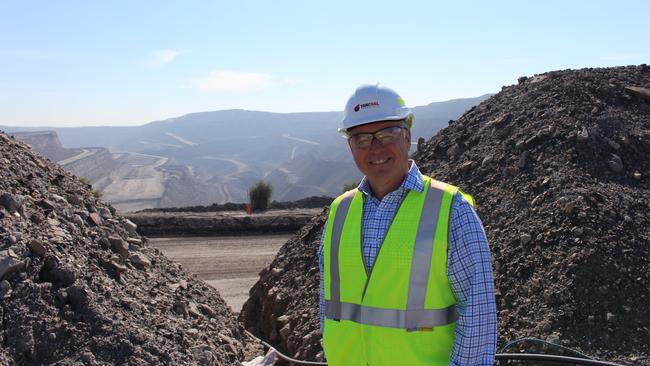
Woody’s thing is civil construction and he’s good at it. Following recent events in our national capital, he asked me to further explain the most recent stoush those of us in the Canberra bubble had been having about climate change.
Woody understands the need to protect our natural environment, to maintain our biodiversity, and to protect our ecosystems. He gets it in part because he’s a grandfather. But as a property developer and contractor, he also lives the regulatory architecture we have in place to protect our future and doesn’t complain, not all of the time, anyway.
But he told me he can’t work out why the nation’s politicians are letting the climate change debate dominate the political debate when people are so much more concerned about jobs, paying the mortgage, feeding the kids, and working hard to provide for their retirement years. Particularly since the arrival of COVID-19.
It was a good observation because the official National Greenhouse Gas Inventory tells us that in the year to September last year, Australia’s emissions per capita were 40.4 per cent lower than they were in 1990. It also revealed that the emissions intensity of the Australian economy was down 62.7 per cent from 1990 levels.
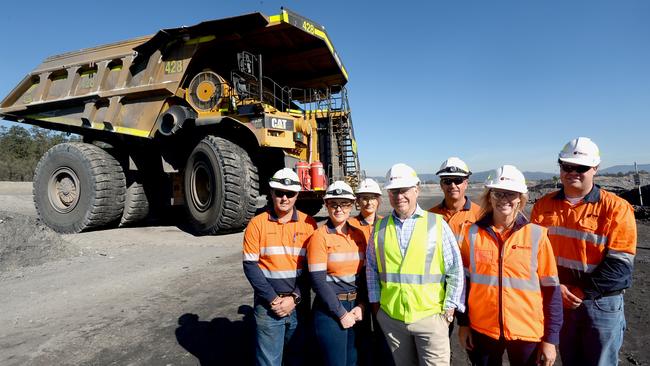
Woody wasn’t that surprised. He told me how much his trucks and earthmoving equipment had changed over the same period. He reminded me they once spewed black smoke everywhere but are these days fitted with anti-pollution devices the qualified motor mechanic couldn’t really comprehend. He knows most industries have changed and that together they are making a real difference to our pollution levels.
Of course, it’s not just the transport sector that is acting on this. Farmers are changing their agricultural practices. Our manufacturers are saving money by becoming more energy efficient. Australians are placing solar panels on their rooftops at a rate that has surprised us all. More and more people are buying electric or hybrid cars. We are all choosing white goods and electrical appliances with the best energy efficiency ratings.
Energy companies have been busy too. Wind and solar farms are popping up all over and the projects are big in scale. The rate of growth would be even faster if the electricity grid could take more renewable-generated electrons. But that can’t happen without the additional firming power required to keep the system stable as our older coal-fired generators reach the end of their physical lives and withdraw. That’s the other thing happening regardless of government action, coal generation now struggles to compete with renewable generation and the most recently constructed coal generators will be the last to be built.
Like the rest of the world, Australia must take meaningful action on climate change and we are, as the numbers I shared with Woody show. Of course, we could do more. But to do more we need leadership from politicians. We need to ditch the partisanship and the climate wars perpetuated by both the political left and right.
This is the essence of the 20-year-long and irrational climate change contest. Left combatants see advantage in overstating the threat while the right sees opportunity in an economic scare campaign.
Why wouldn’t the right see political opportunity? It’s a strategy which has paid a healthy political dividend at the last three elections. In the end, both Labor and the LNP will pay a price for this madness. The climate wars are the environmental equivalent of the military concept of mutually assured destruction. In the end we’ll kill one another as the punters give up on all of us and go searching for something more genuine.
They won’t go to the Greens, a political party which thrives on climate change policy conflict. It’s the raison d’etre of the environmental movement. Without ongoing climate change warfare, the Greens’ fundraising cookie jar would be modest at best. Their opposition to prime minister Kevin Rudd’s Carbon Pollution Reduction Scheme removed any doubt the Greens will always put their own political interest ahead of our natural environment.
My mate Woody’s story is a reminder that Australian industry long ago gave up on waiting for the national parliament to act and to act without retreat as it did in 2013. Those in industry are not just taking action and chasing cost-saving efficiencies now, they are also planning for the future. Having embraced the aspiration of carbon neutrality by 2050, they are investing heavily in the technologies of the future: hydrogen, battery storage and carbon capture and utilisation, just to name a few.
Next time you hear a politician say the “transition is real and inevitable”, you should tell them they’re spot on. But offer them no thanks; they’ve been nothing but a brake on meaningful climate change action.
Joel Fitzgibbon is the federal member for Hunter.


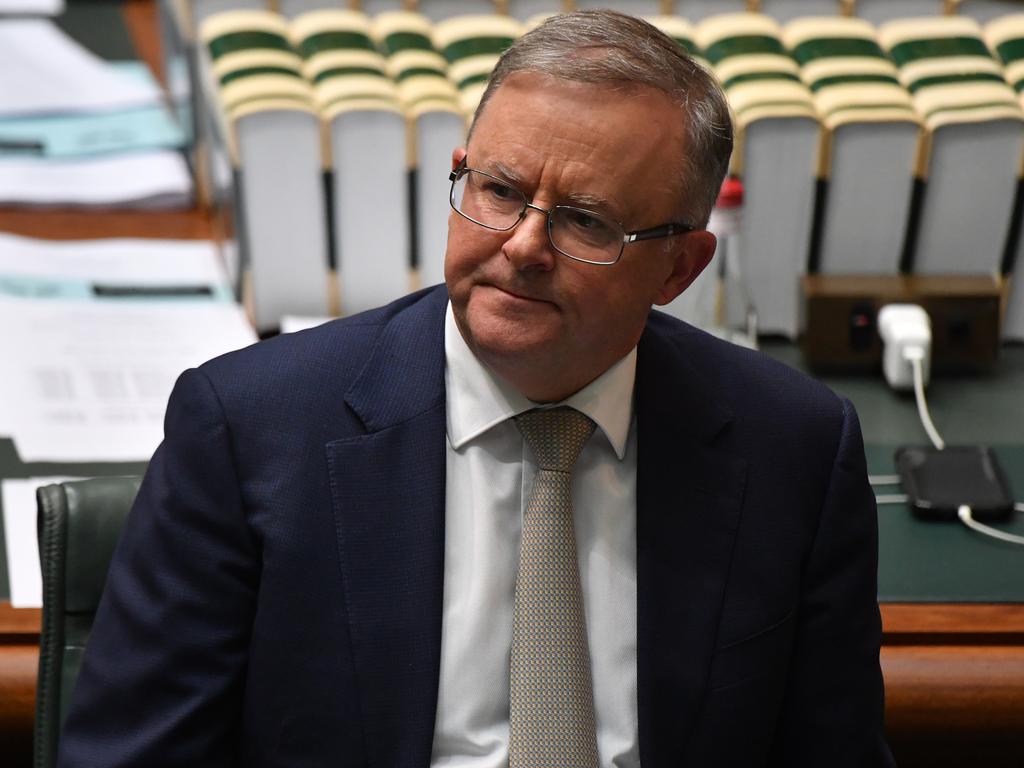
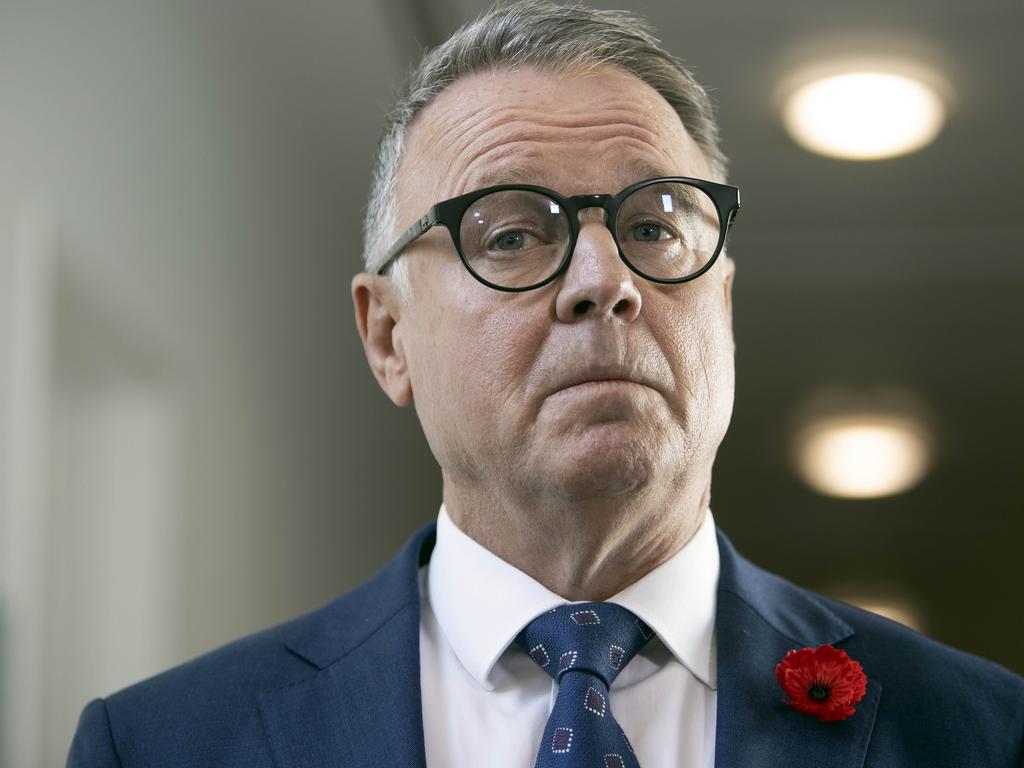
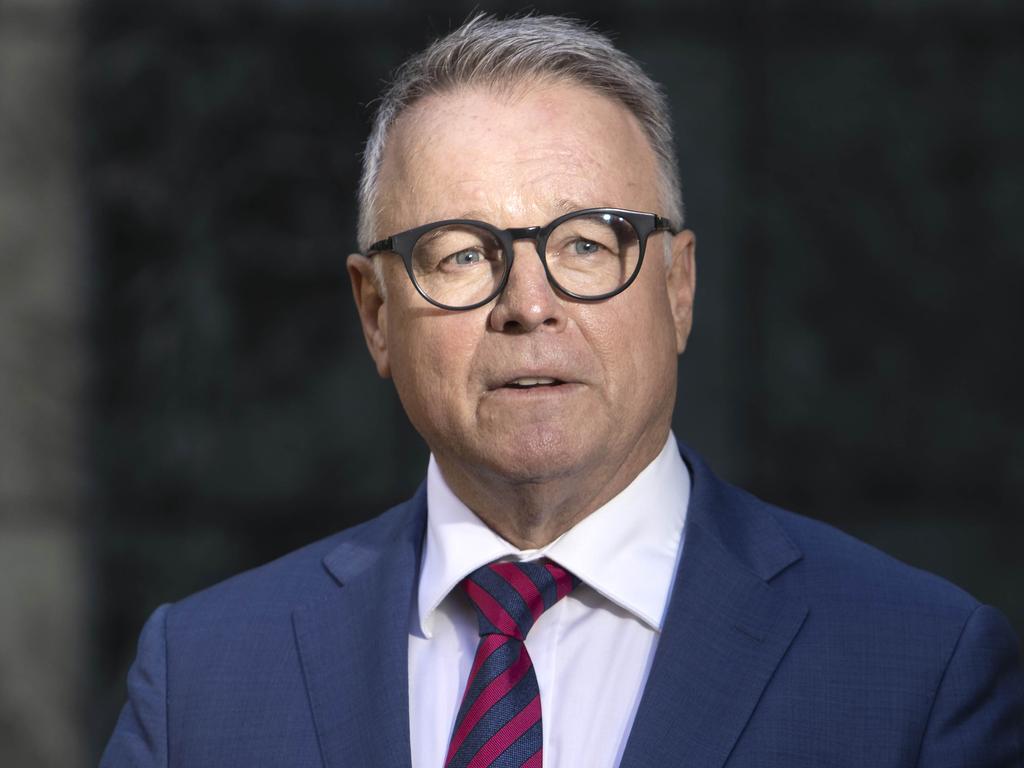
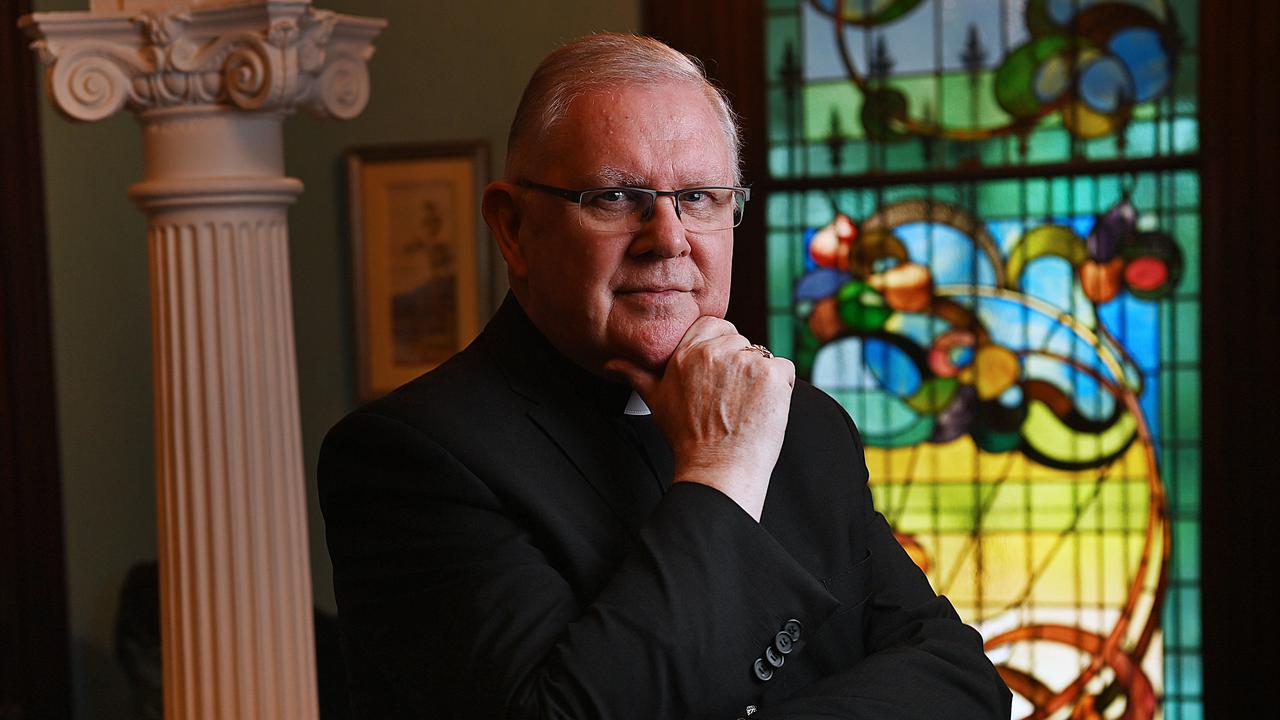

After a busy week in Canberra, last Friday I was back home having a beer with my mate Woody. He’s one of those hardworking businessmen who employs lots of people who wear the hi-vis to work each day.